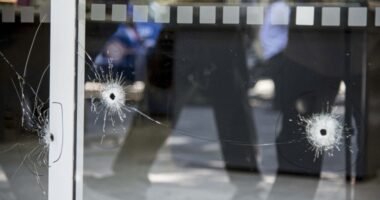
Lyle Everingham grew up on a dairy farm, dropped out of college and spent his entire career working in grocery stores, starting with menial jobs as a produce clerk.
Though he had decades of experience and had risen to chief executive of Kroger Co., then the second-largest U.S. grocery chain, Wall Street financial wizards figured they could run the company better. In September 1988, Kohlberg Kravis Roberts & Co. and the Haft family both made unsolicited bids of more than $4 billion for Kroger.
At Kroger headquarters in Cincinnati, “people were crying in the hall,” said Joseph Pichler, who was president of the company. The bidders wanted to borrow billions of dollars backed by Kroger assets and leave the company to pay it back by hacking out enough costs to produce at least a short-term burst of profit.
The model was Safeway Stores Inc., where KKR won control in 1986. Hundreds of stores were sold, eliminating more than one-third of Safeway’s workforce. Mr. Everingham decided Kroger’s management could do its own financial engineering and avoid huge cuts in employment and store counts. Kroger paid shareholders a special dividend of $40 a share and promised streamlining that would increase the value of their shares. KKR and the Hafts slunk away.
Mr. Everingham, who retired in 1990, died Jan. 6. He was 94.








